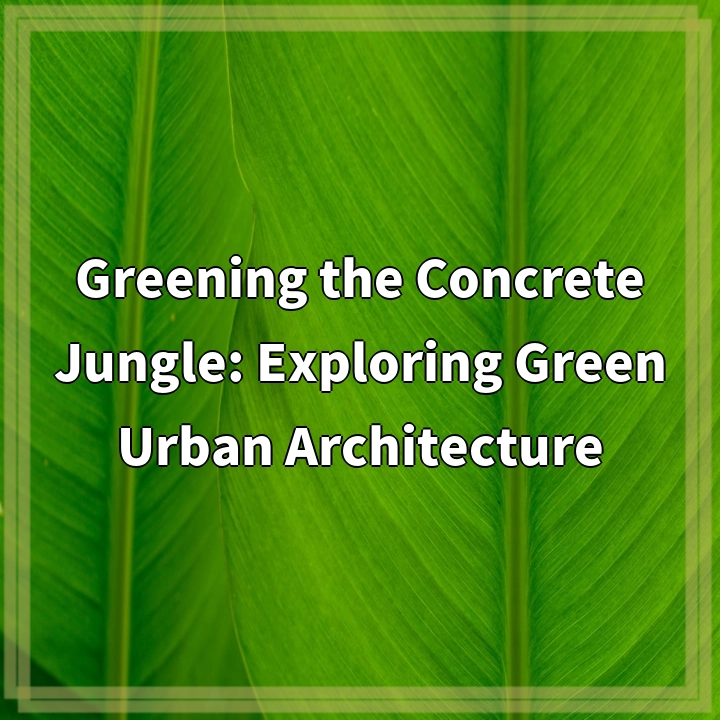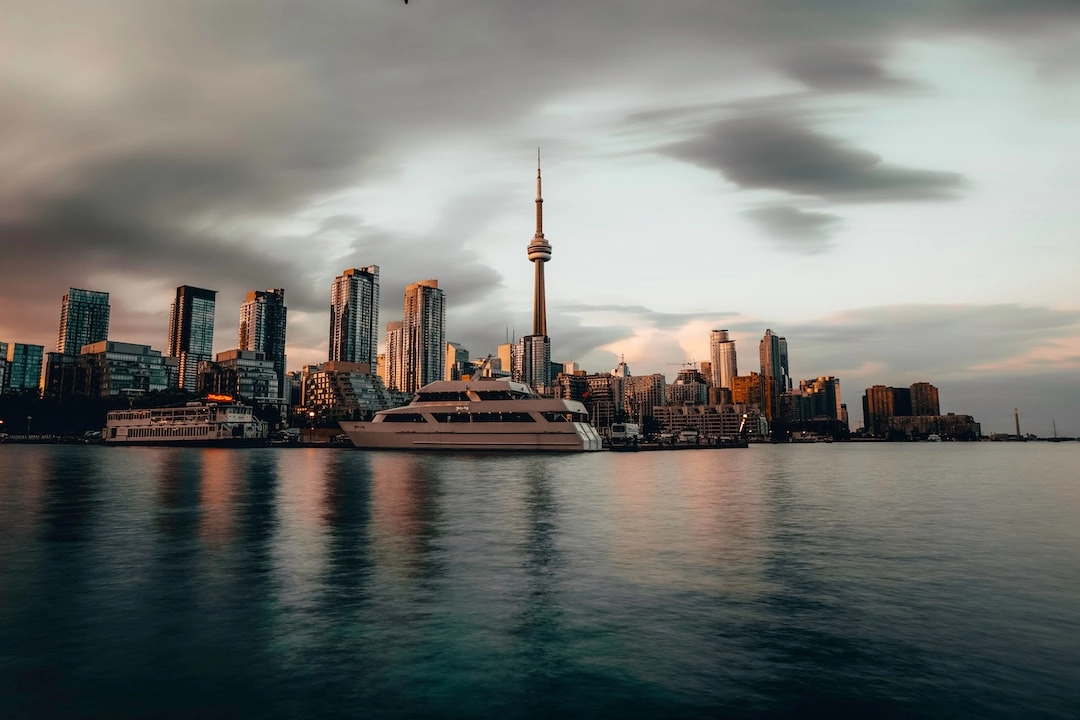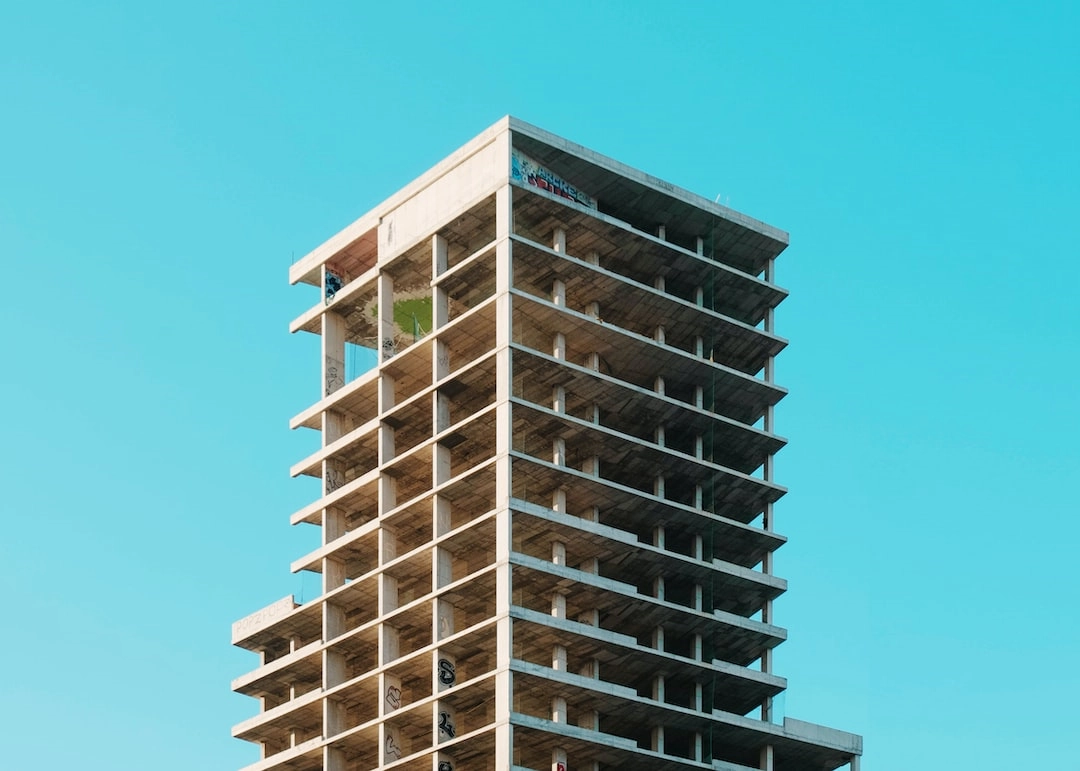
What is Green Urban Architecture?
Green Urban Architecture is an innovative approach to urban planning and design that focuses on integrating nature and sustainable practices into the built environment. It seeks to create cities that are more environmentally friendly, socially inclusive, and aesthetically pleasing.
Real-World Problems Associated with Green Urban Architecture
Despite its numerous benefits, the implementation of Green Urban Architecture faces some challenges:
1. Limited Space:
The scarcity of available land in urban areas poses a significant challenge to implementing green infrastructure. Finding suitable spaces for green roofs, vertical gardens, or urban forests can be a complex task, demanding strategic planning and creative design solutions.
2. Cost Considerations:
Implementing green infrastructure often requires substantial upfront investments. From installing solar panels on buildings to developing green transportation systems, the initial costs can be deterrents for project developers and city planners. Overcoming these financial barriers and demonstrating the long-term savings and benefits is crucial for widespread adoption.
3. Maintenance and Management:
Maintaining and managing green urban infrastructure demands ongoing effort and resources. Green roofs and living walls need regular maintenance to thrive, while urban parks and gardens require adequate water management and pest control. Ensuring proper maintenance and management practices are in place can be a challenge for cities with limited resources or infrastructure management systems.
4. Community Engagement:
Engaging and involving the community in the planning and implementation process of green urban architecture is vital for its success. However, it can be challenging to foster community engagement and obtain consensus among diverse stakeholders with varying interests and priorities. Encouraging active participation and providing platforms for public dialogue can help overcome this hurdle.

Solutions to the Challenges of Green Urban Architecture
Despite the challenges, there are several strategies and solutions that can help overcome the obstacles and foster the implementation of Green Urban Architecture:
1. Innovative Design Approaches:
Adopting innovative design approaches can help maximize the utilization of limited space in urban areas. This includes utilizing vertical gardens and green facades on buildings, incorporating rooftop gardens and green roofs, and creating multi-functional spaces that blend nature and infrastructure seamlessly. By thinking creatively, designers and planners can make the most of available space.
2. Financial Incentives and Partnerships:
To address the cost considerations, governments, and organizations can provide financial incentives, grants, or tax benefits to encourage the implementation of green infrastructure. Additionally, partnerships between public and private entities can help share the financial burden and expertise, making green urban architecture more feasible and economically viable.
3. Effective Maintenance and Management Strategies:
Developing effective maintenance and management strategies is crucial for the long-term success of green urban infrastructure. This involves creating management plans, training personnel for maintenance tasks, and leveraging technology for efficient monitoring and upkeep. Collaborations between local communities and municipalities can also play a vital role in ensuring regular maintenance and management practices.
4. Community Engagement and Education:
Actively involving the community in the planning and implementation process can help address concerns, gain public support, and foster a sense of ownership and pride. Public awareness campaigns, community workshops, and public consultations can facilitate meaningful engagement and ensure that the needs and aspirations of residents are considered in the design and implementation of green urban architecture projects.















